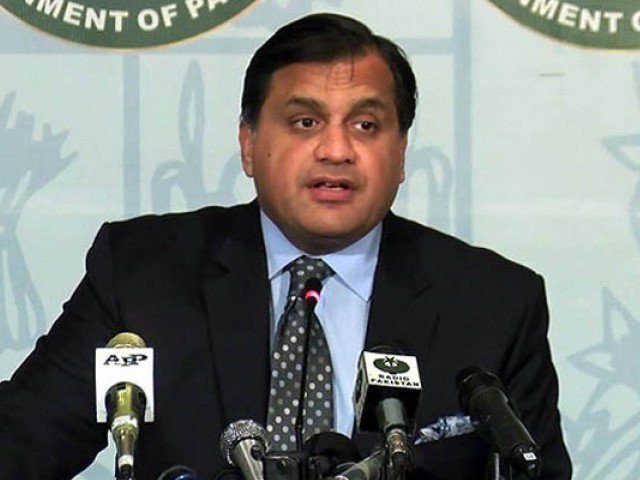
Pakistan, which brokered the on-going peace talks, attended the previous sessions both in the United Arab Emirates (UAE) and Doha. “Pakistan will not be part of the next round of talks between the US and Taliban in Doha in April,” Foreign Office Spokesperson Dr Muhammad Faisal told reporters at a weekly press briefing when asked whether Pakistan was going to attend the next round.
“There will also be an Intra-Afghan dialogue in Doha on 14-15 April 2019, organised by Russia,” the spokesperson added. Although, Pakistan will not be part of the coming talks, the spokesperson made it clear that Islamabad had supported the peace talks in the past and would continue playing its facilitating role for durable peace in Afghanistan.
Dr Faisal, however, did not elaborate as to why Pakistan was staying away from the planned talks in Doha.
Observers believe that the recent reaction both from Kabul and Washington to Prime Minister Imran Khan’s statement suggesting an interim set up in Afghanistan could be the reason behind Pakistan staying away from the peace talks.
Speaking to a group of journalists, Prime Minister Khan had reportedly proposed the formation of an interim government in Afghanistan in order to break the stalemate in talks. The statement invited strong reaction from US chief negotiator Zalmay Khalilzad as well as the Afghan government, which called back its ambassador from Islamabad as protest.
The US ambassador to Kabul went on to school Prime Minister Khan on diplomacy, something that drew even stronger reaction from Human Rights Minister Shireen Mazari, who called the US envoy a “little pygmy”.
The foreign office clarified the prime minister’s reported remarks that helped eased the diplomatic hiccup. However, days later Khan reignited the debate by saying at a public gathering in Jamrud that he had given “brotherly advice” to Afghanistan. The Afghan government summoned the Pakistani envoy in Kabul to lodge a formal protest over Khan’s remarks.
The US and Taliban representatives have been engaged in extensive talks since last few months with reports suggesting that the two sides are close to a draft agreement. Talks have so far focused on the timeline for the US withdrawal from Afghanistan and firm guarantees by the Taliban that terrorists will not be allowed to use Afghan soil. However, deadlock on the inclusion of Afghan government in the peace talks still persists.
More info on Pulwama
Meanwhile, the spokesperson told reporters that Pakistan handed over a further set of questions to India regarding the Pulwama attack. The questionnaire was handed over to the Indian deputy high commissioner, who was called in to the foreign office on Thursday.
Islamabad recently informed India that based on its “preliminary findings” no linkages had so far been established between the Pulwama attack and Pakistan. The foreign office, however, said that Pakistan was willing to cooperate with India if it had any “actionable evidence”.
Responding to a question, the spokesperson reiterated that Pakistan had “credible intelligence” regarding the imminent threat as mentioned by Foreign Minister Shah Mahmood Qureshi. “Any threat to Pakistan would beget a befitting reply. I would like to reiterate that Pakistan, however, believes in peace and dialogue and not war,” he added.



1730959638-0/trump-(19)1730959638-0-165x106.webp)

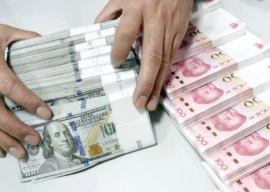
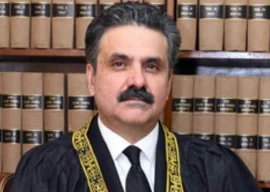
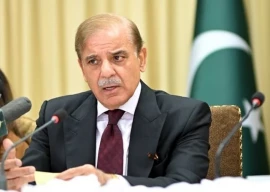


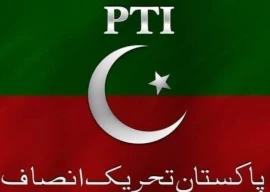






COMMENTS
Comments are moderated and generally will be posted if they are on-topic and not abusive.
For more information, please see our Comments FAQ